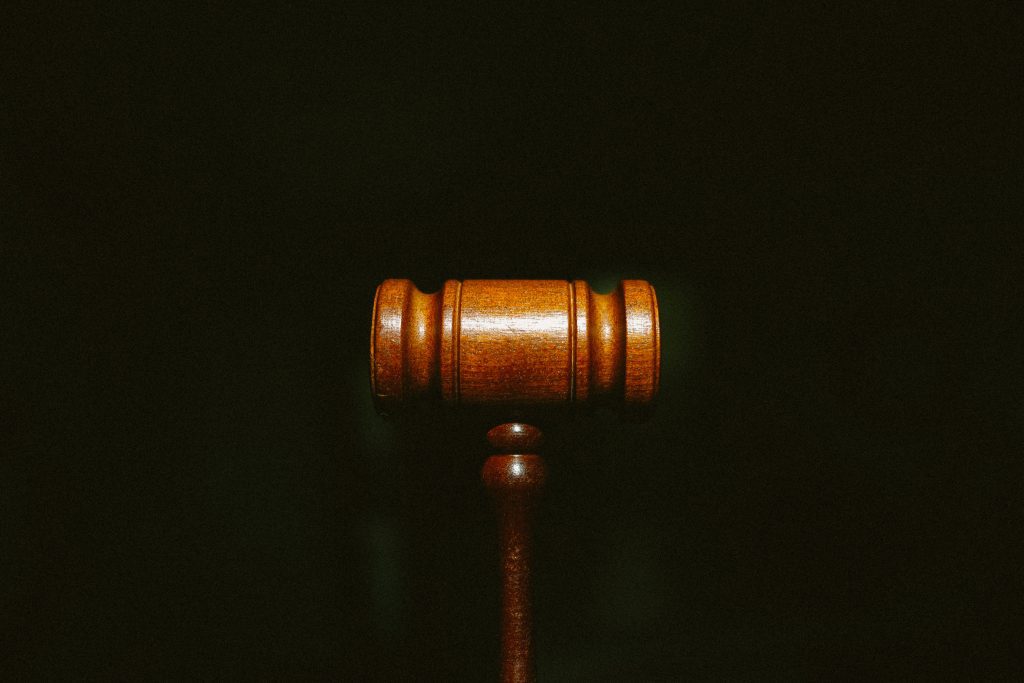Is your reputation harmed or impugned by someone’s false statement? Or, did someone publish any imputation about you that adversely affected your standing in the community? If the answer is yes, then the false statement or the publication may amount to defamation.
Over the years, defamation has been exciting more interest and controversy than any other area of law. It concerns the appropriate balance between freedom of expression and individual reputation and private life. As a democratic society, we cannot neglect the necessity of defamation laws for it protects protect individual reputation from imputation or false allegation.
Defamation Definition:
Generally, a defamatory statement is a false statement likely to lower the estimation or reputation of a person in society. In other words, when someone makes or publishes a false statement about any other person intending to harm or affect the reputation of that other person adversely, then it is a defamatory statement, and that other person may claim for defamation.
Types of defamation:

In the common law legal system, defamation is of two kinds- libel and slander. To put simply, libel refers to the publications that are in permanent form or published whether in written form or are broadcast on stage or screen or over the airwaves. Defamatory words, pictures, visual images, and gestures on radio or television or any other program service are to be treated as libels.
Slander, on the other hand, refers to publications that are not permanent or only transient (e.g. private or casual conversations).
Examples of defamatory statements:
- A false statement that states A, a girl, ran away with a boy. However, nothing has happened as such actually, so it’s a defamatory statement. A’s reputation can suffer because of this.
- A statement that states B, a boy, is a thief. However, in reality, there is no piece of evidence to support that statement, but B’s reputation is harmed in society.
- A false statement that imputes having a contagious disease to a person, who has no disorder as such, and which may exclude him/her from society.
- If you address a woman “a call girl” or describe as a “call girl”, it is defamatory.
- If you call someone a “son of a bitch” or “bitch”, it is also defamatory.
Defamation Laws:

As we have a common law-based legal system, most of our principles are derived from the English common law. Defamation is actually a civil wrong in English law, and, usually, tried under tort law. Digital security act, 2018, contains several speech offenses, including criminal defamation, defamation of religions.
One could be held criminally liable for the commission of defamation. The law about criminal liability is codified and embodied in Sections 499 and 500 of The Penal Code. When any imputation is made concerning any person intending or knowing, or having reason to believe that it will harm the estimation or reputation of such person then it may amount to defamation, even if such person is dead.
So we understand that the law is concerned in protecting the reputation of a dead person, and the feelings of such person’s family or other near relatives. Again, if any imputation is made against a company/organization or a group of persons, even if the imputation is made or published ironically or in an alternative form, it may amount to defamation, which is called Innuendo.
Section 500 states that, whoever defames another shall be punished with simple imprisonment for a term which may extend to two years, or with fine, or with both. When tried as a civil wrong, if no defenses apply for the defendant or the publication is proven defamatory, a court may grant the claimant damages or injunction.
To be mentioned, Section 198 of CrPC stipulates that only an aggrieved person can file a defamation case.
An amendment to the CrPC, passed by the National Parliament on February 2, 2011, introduced a provision for issuing summons instead of an arrest warrant in case of defamation charges.
Laws protect your reputation; you do not need to suffer any kind of harm to your hard-earned fame or reputation. If you think you are defamed anyway, take legal actions right away; the legal root is always open for you.
For a detailed discussion, read Defamation.
Read about another critical area of law, Sexual Consent.



